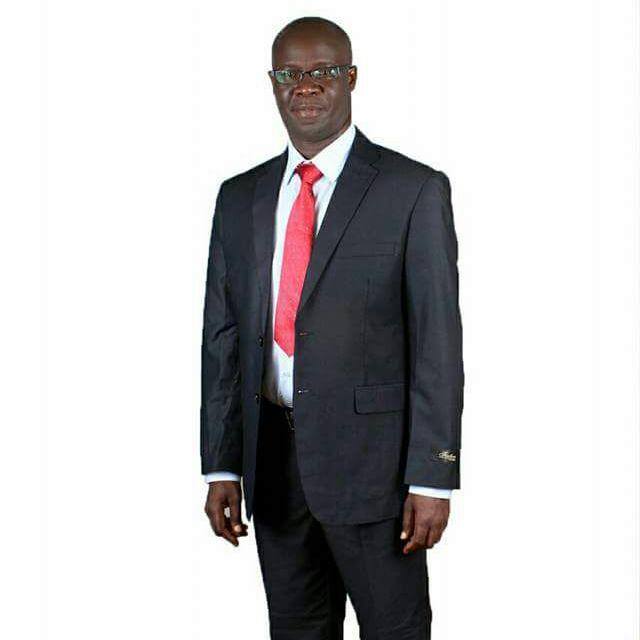
Education Ministry emphasizes the advice provided by stakeholders
During the CBE forum, the Education Ministry emphasizes the advice provided by stakeholders in the education sector.
Highlights of the 2025 report of county stakeholder conversations on Competency Bases Education (CBE) have been given to the Ministry of Education.
The report was delivered at The National Conversation on CBE in Nairobi on April 24, 2025. Teachers and ministry officials involved in the curriculum’s ground-level implementation were among those participating in this discussion.
In his address at the event’s inauguration, Cabinet Secretary for Education Julius Migos Ogamba stated that the purpose of the county discussions was to inform stakeholders about the current state of the CBE implementation and to give them a forum to participate in the validation of the transition rules from junior to senior school.
The topics brought up during the County Dialogues 2025 include national readiness audit, which includes evaluating senior schools and preparedness for implementing pathways.
According to CS Ogamba, the problem has been handled, and the government has conducted a thorough evaluation to guarantee a seamless transition for Grade 9 students into senior secondary school.
This year, MOE will build 1,600 laboratories for schools that don’t have any, and they will be completed by the end of the year.
After students have completed the Kenya Junior Secondary Education Assessment (KJSEA), the grade 9 student selection procedure starts on May 20.
“I implore all of you—especially teachers, parents, and guardians—to provide sufficient direction to our Grade 9 applicants as they begin to choose their Senior Schools of choice. The CS stated, “This exercise will begin on May 20, 2025.”
In addition to asking for capacity building, the stakeholders have asked that the Ministry of Education start infrastructure mapping, give priority to distributing STEM resources, and continue to provide STEM teacher training through CEMASTEA.
Additionally, the stakeholders demanded curriculum stabilization and localization. They urged the government to limit the number of evaluations and adapt the content to increase its local relevance.
The curriculum rationalization has been finished, according to Charles Ochieng’ Ong’ondo, Ph.D., Chief Executive Officer (CEO) of the Kenya Institute of Curriculum Development (KICD). Additionally, the government has created career guidelines that are now available for distribution.
Additionally, the teaching and learning resources for the rationalized districts are prepared for distribution.
Additionally, the KICD intends to do a needs assessment during the fiscal year 2024/2025.
To empower all education stakeholders, the MOE has converted rules for parental involvement into Kiswahili and is utilizing television and local media.
The Kenyan Institute of Special Education (KISE) now has a government-run facility for producing assistive equipment and infrastructure.
The stakeholders also brought up concerns about the integrity and fairness of the assessment. The government has established consistent grading, ongoing teacher training, administrative SBA, and updates to scores and value of records. Additionally, schools have been using the parents’ Annual General Meeting to raise awareness.
Additionally, the government has created and is ready to share career counseling for junior and pre-vocational institutions.
The CS stated in his concluding remarks that the most significant conclusion from the discussion has been the decision to make mathematics a required subject for all pupils in Senior School.
“We have established a technical team that will collaborate with the KICD’s specialists to establish the methods by which mathematics will be taught at the Senior School level,” he stated.
The ministry will also begin talks right away about how to establish a strong process for private applicants to reenter and be evaluated so they can finish their primary schooling, Ogamba added.
Through audits conducted by the schools audit department and the Office of the Auditor-General, the MOE keeps an eye on fee regulations. Additionally, it provides tuition costs via the CDF bursaries, the Elimu Scholarship, and other initiatives.


